
The U.S. has provided funding to the Latvian army, bus routes are being canceled, inflation has jumped and stalled... We present the traditional weekly roundup of news that has not gone unnoticed.
Border: Stop, who is flying?
A new entry and exit system has come into effect in Europe and Latvia. The IIS is an automated information system designed to register third-country nationals each time they cross the external borders of European countries for short stays.
The essence: the system will replace existing passport stamps with a digital registration mechanism that will automatically record entry and exit data. In the long term, this means faster and more efficient border control, as checks will be conducted automatically with less manual work.
However, at the first border crossing, when biometric data of third-country nationals will be registered, the border control process may take longer than usual, but after the initial data registration, re-crossing the border will be quicker and more convenient, border guards promise.
It should be noted that since September 1, travelers from third countries can fill out an electronic travel declaration in the information system for preventing national security threats; however, it differs from the IIS. The IIS is the system that people encounter at border crossing points, while the electronic travel declaration is a form that must be filled out online no later than 48 hours before entering Latvia.
Army: The U.S. Senate Hasn't Abandoned Us!
A wave of concern has risen in the Baltic states regarding reports that the U.S. would cease to fulfill its obligations under the Baltic Security Initiative. However, it has been averted: the U.S. Senate approved a defense budget for the 2026 fiscal year amounting to $925 billion (about €800 billion), of which $350 million will be allocated to the Baltic Security Initiative.
Funding for the Baltic Security Initiative is established as an "irrevocable commitment" by the U.S. to Latvia, Lithuania, and Estonia. From 2026 to 2028, annual funding will amount to $350 million. In 2023, $225 million was allocated for these purposes, $228 million in 2024, and $231 million in 2025.
The initiative, established in 2020, aims to strengthen the defense capabilities of the Baltic states and enhance their compatibility with U.S. and NATO forces.
Budget: This Deficit Will Protect Us!
The budget deficit of Latvia for the next year is planned at 3.3% of GDP, said Finance Minister Arvils Ašeradens. According to him, the consolidated total budget expenditures for 2026 are planned at €17.945 billion, while budget revenues are expected to be €16.064 billion.
At the same time, Latvia's GDP in 2026 is projected to be €43.953 billion.
It is forecasted that next year, the national debt will reach 55% of GDP.
Ašeradens emphasized that total government expenditures next year will decrease to 47% of GDP compared to 47.5% of GDP this year. At the same time, defense spending will increase amid a reduction in total expenditures.
Funding from European Union (EU) funds and the Recovery Fund will also become one of the key factors for Latvia's economic growth in 2026. As in this year, in 2026, the volume of investments from EU funds in Latvia will be at a historically high level, exceeding €1 billion, which is almost double compared to previous periods.
Emissions: Does Green Suit Us?
The Saeima adopted amendments to the Pollution Law, which provide for the adoption of EU directives regulating the functioning of emissions trading systems in the European Union.
Before the vote on October 9, Minister of Climate and Energy Kaspars Melņiks (SZS) addressed the deputies from the podium. He noted that the draft law does not impose new obligations on Latvia but provides an opportunity to find additional European funding for entrepreneurs wishing to invest in new technologies and develop the economy of Latvia.
Deputy Alexander Kiršteins opposed the draft law. He stated that before making a decision, someone from the government should come and explain how this draft law will ensure an "economic breakthrough." He also expressed confusion regarding the main goal of the draft law. Several members of parliament voiced support for postponing or even freezing the achievement of the EU's "green policy" goals in Latvia.
As reported, Latvia faced a potential fine from the European Commission of €300 million for not implementing a new CO2 quota system. As Minister Melņiks explained, failure to pass the law in the Saeima would lead to a loss of funding from EU funds and problems for Latvian enterprises.
Initiative: Can We Do Without the Convention?
Members of the National Alliance, SZS, and OS submitted an alternative to the Istanbul Convention for consideration. What is the fuss about? The infamous Istanbul Convention provides loopholes that expand the rights of individuals with "fluid" sexual orientations.
However, can we combat domestic violence without this context? The declaration submitted by the National Alliance, SZS, and OS provides for the development by March 1, 2026, of a new, comprehensive law on the prevention and eradication of violence against women, children, and domestic violence, as well as violence in general.
The law will stipulate the state's obligation to actively address violence issues, ensure protection and support for victims—legal, psychological, and social—and provide strict accountability for acts of violence as well as for the inaction of state authorities, as well as regulate data collection, cooperation of institutions, and public education on violence prevention issues.
Transport: The Bus Is No Longer Coming
The volume of the subsidized regional route network in the Riga region is planned to be reduced by 2,193,082 kilometers, or by 31%, in 2026.
Critics believe that the planned reduction of the route network by 32% will significantly limit people's ability to commute to and from work, as well as hinder access to services. "Moreover, there is a high risk that people who previously used public transport will start using personal cars, which will increase traffic jams in Riga and the Riga region," she noted.
In recent years, municipalities have often faced situations where the state refuses to perform any function, shifting it onto the budgets of municipalities. The councils indicated that municipalities do not have the financial capacity to compensate for passenger transport as a result of the reduction of local regional route networks.
Prices: Inflation Jumped and Stalled
In September of this year, compared to August, consumer prices in Latvia increased by 0.2%, while annual inflation remained at 4.1%, the same level as the previous month, according to data from the Central Statistical Bureau.
The main driver of inflation is food and non-alcoholic beverages (+6.8%). The highest annual increases were seen in: coffee (+35.1%), beef (+27.5%), chocolate (+24%), poultry (+20.8%), butter (+19.7%), eggs (+18.9%), and vegetable oil (+20.5%).


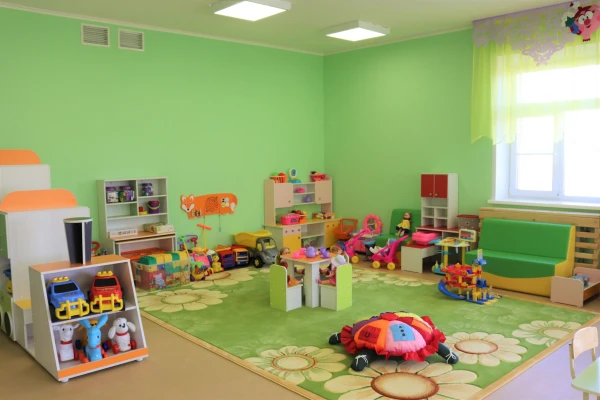

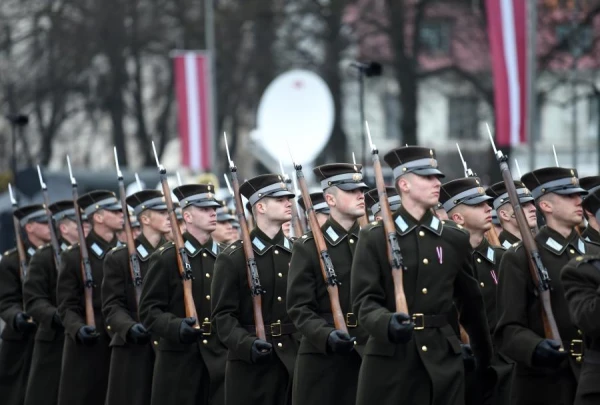


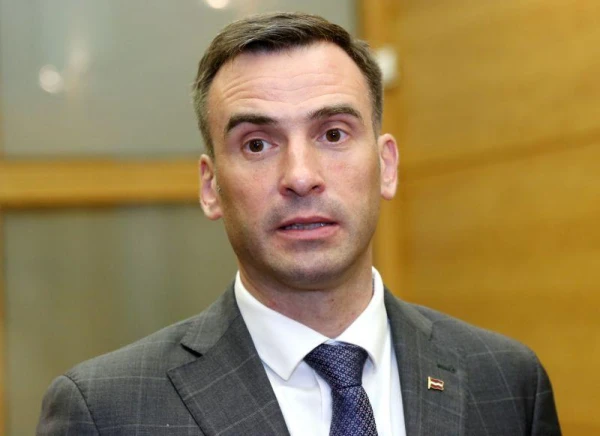
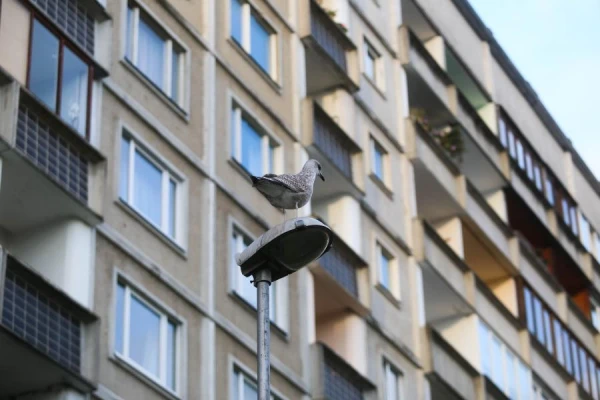
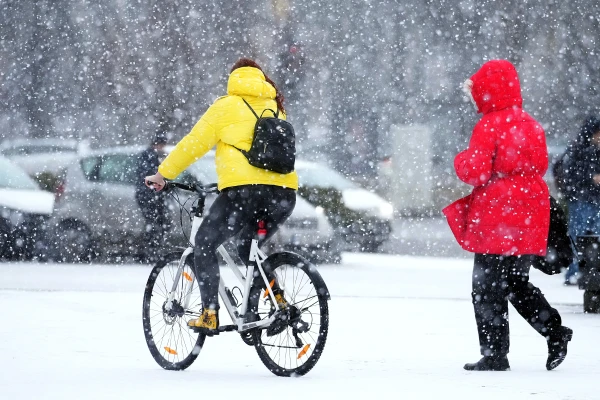





Leave a comment